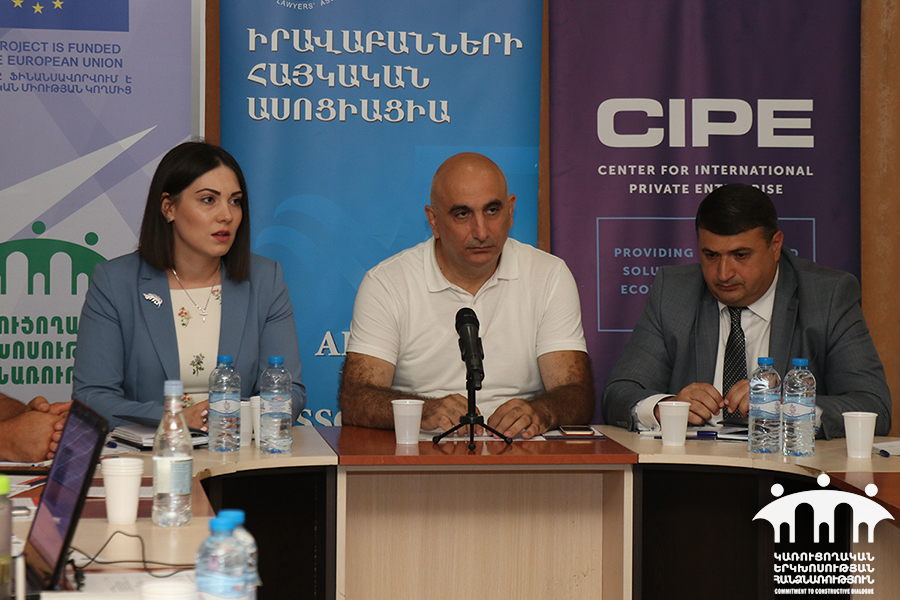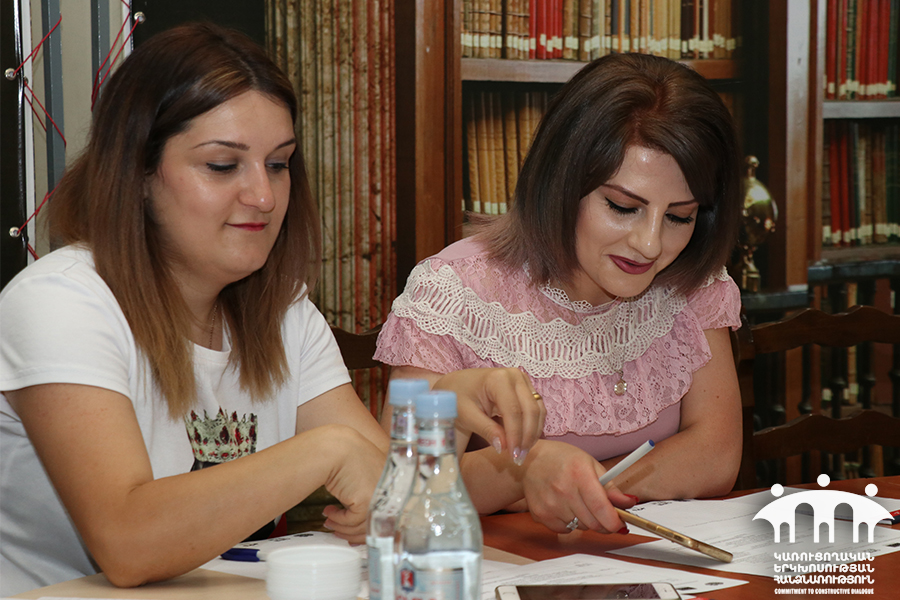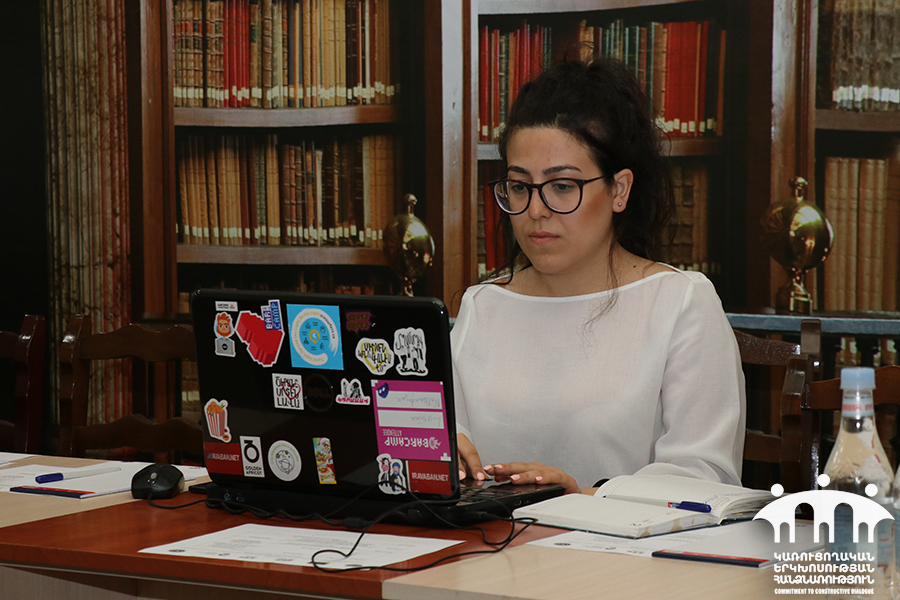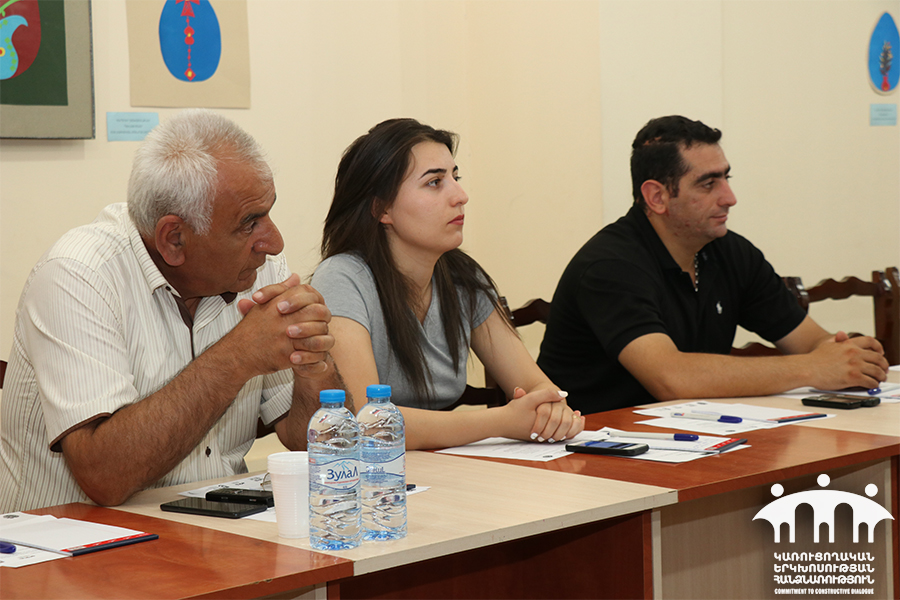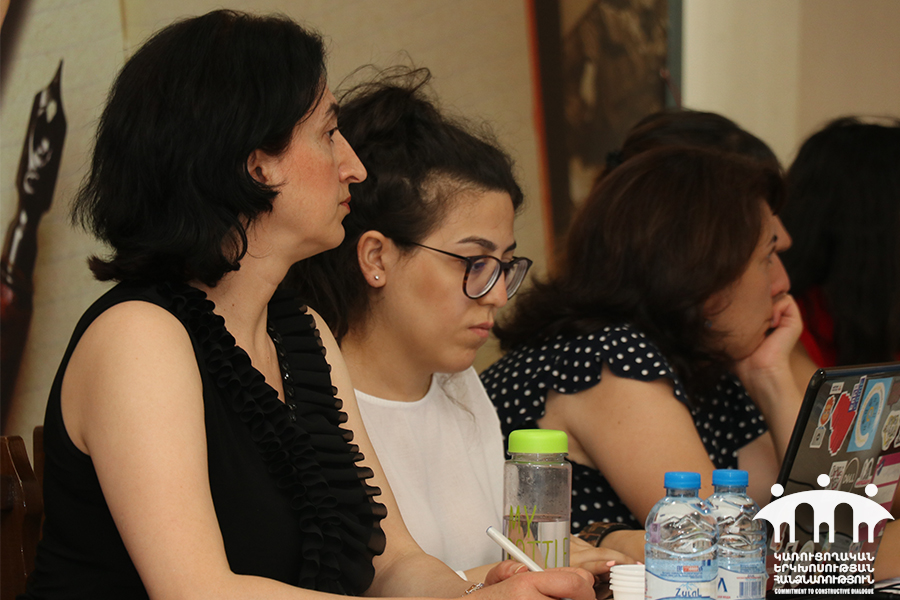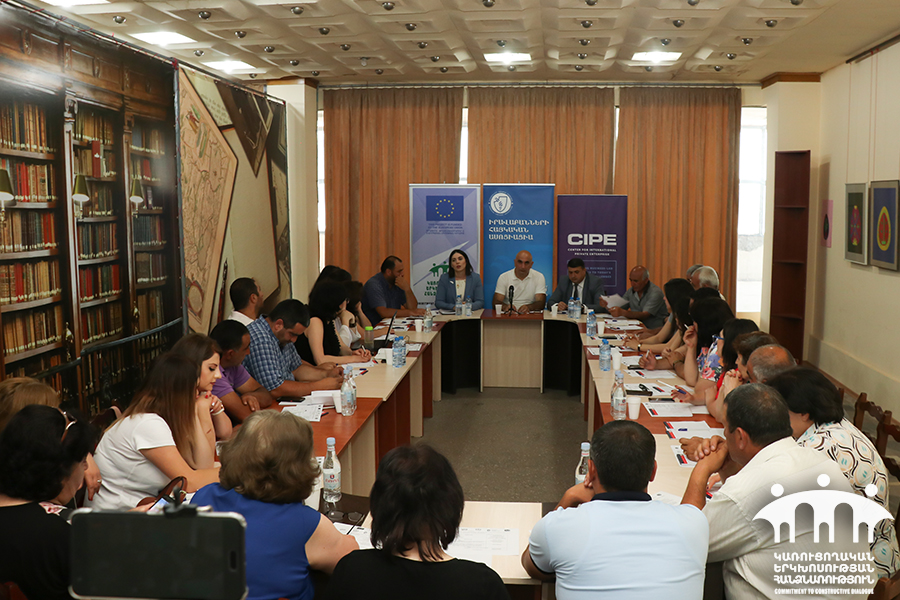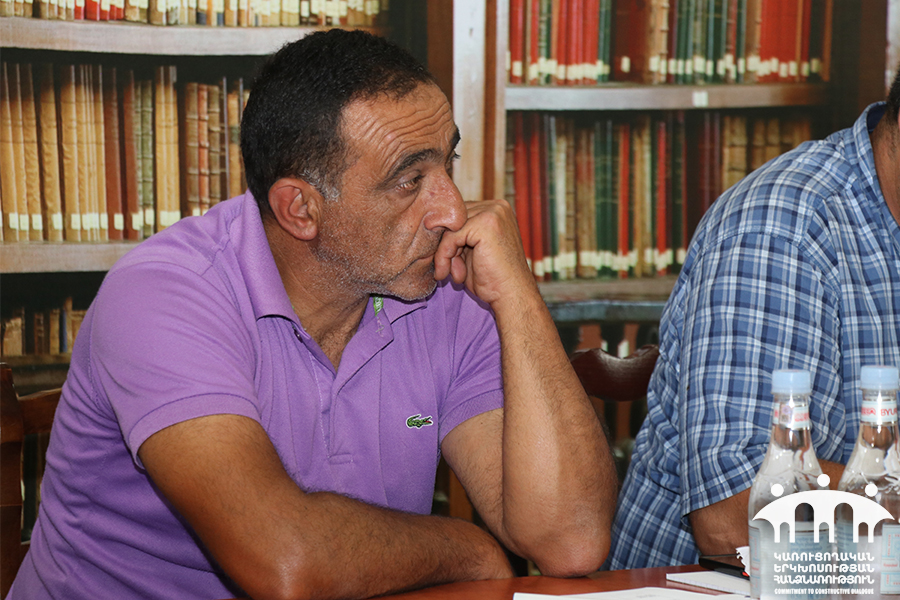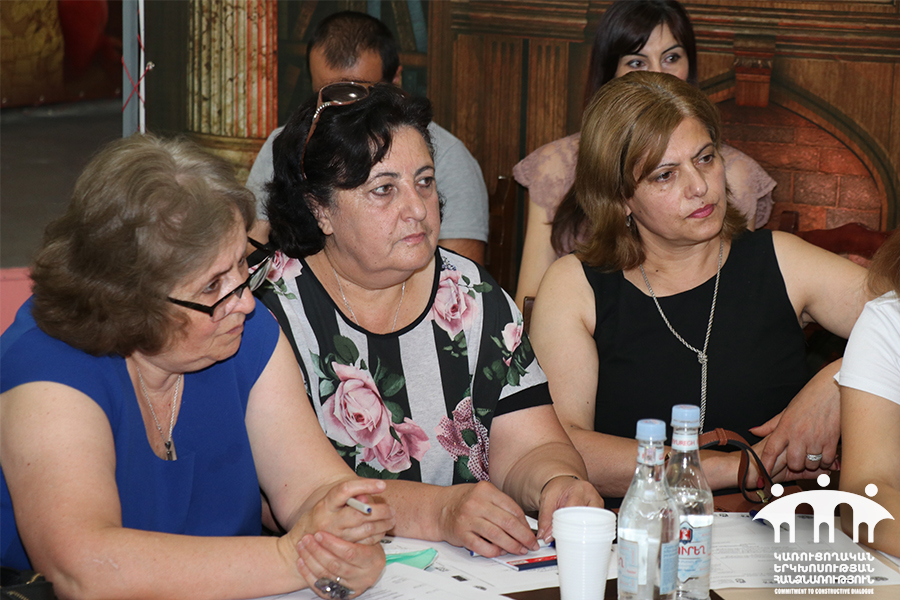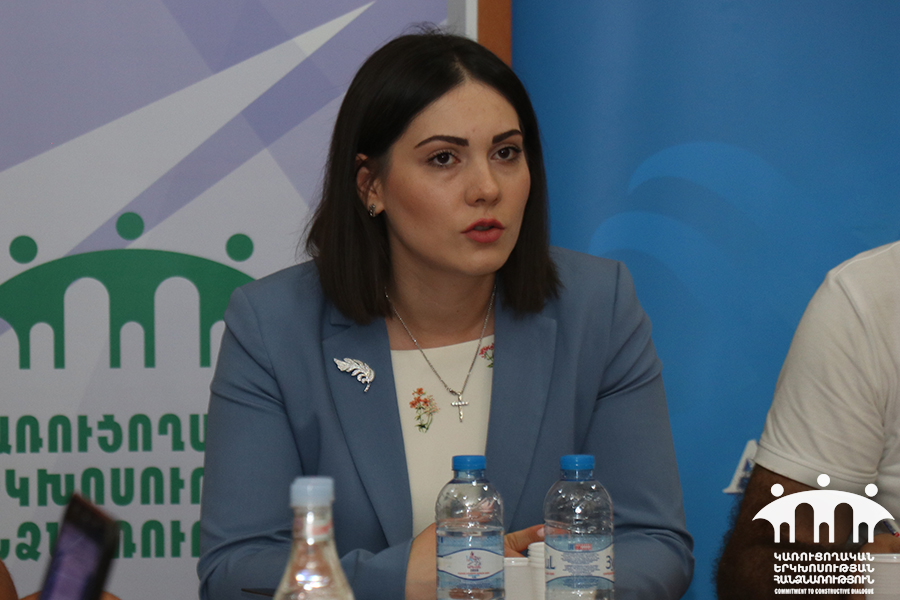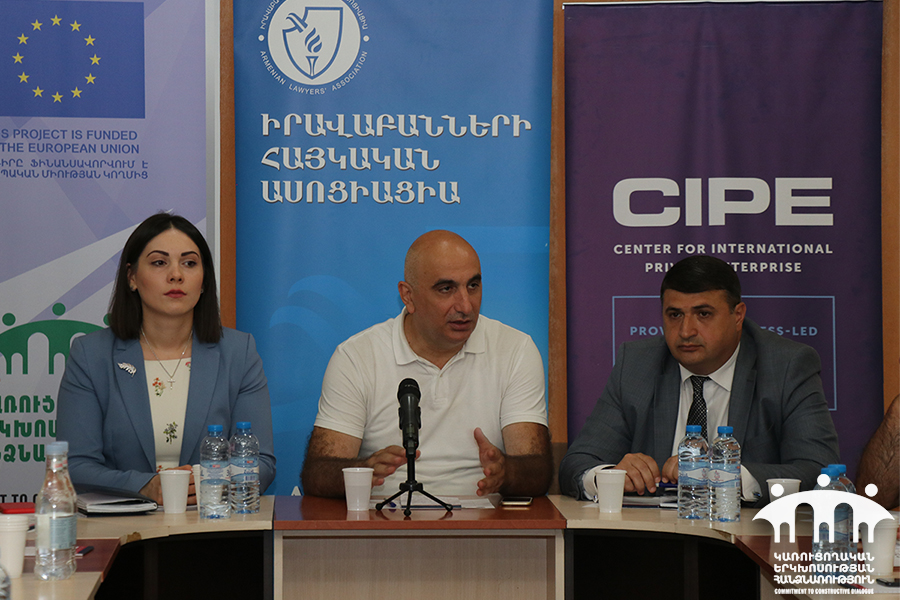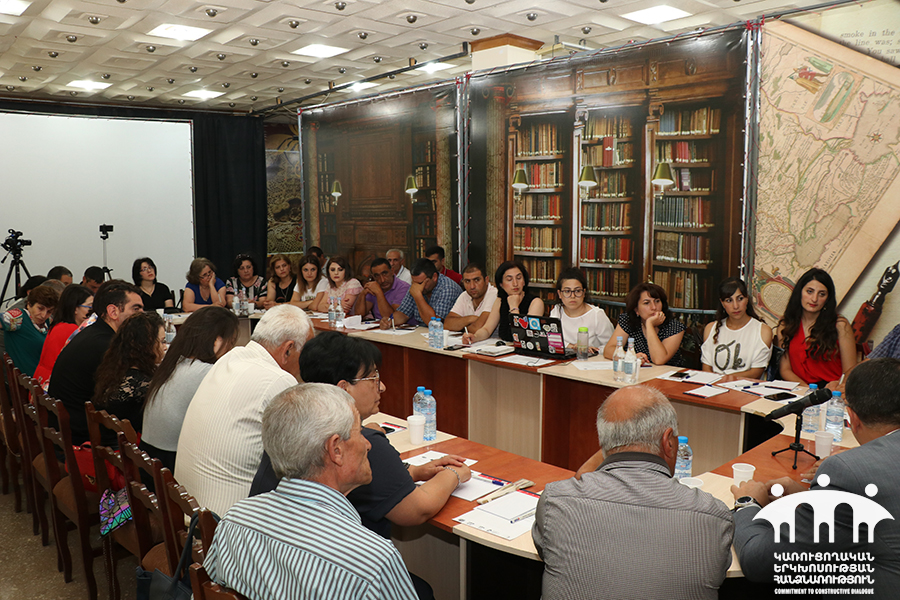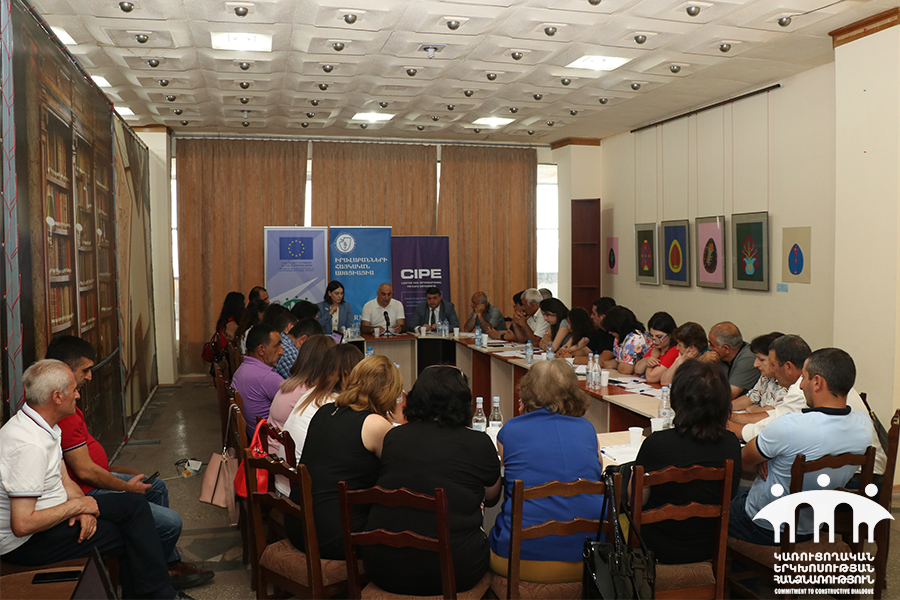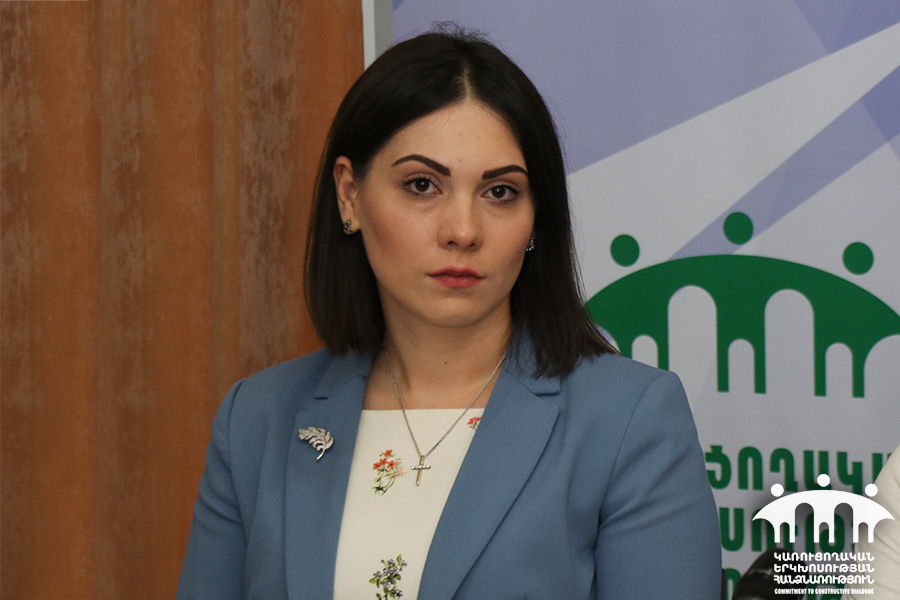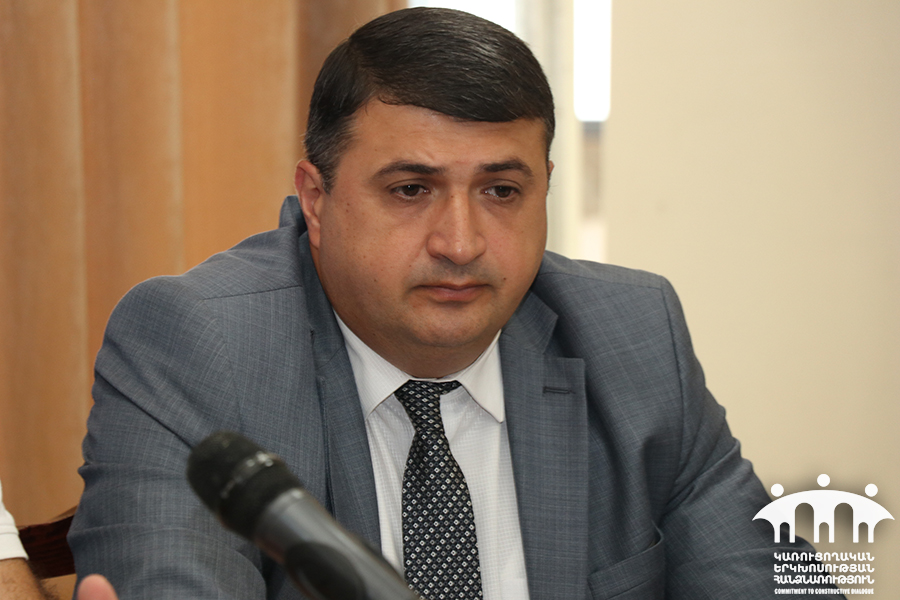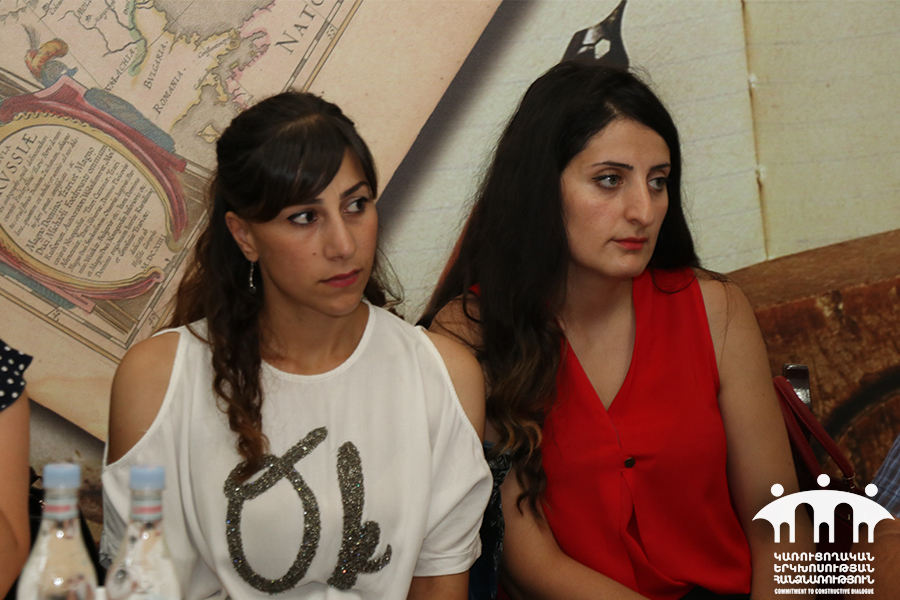On 25 July, the discussion of the Draft Anti-Corruption Strategy of the Republic of Armenia and its Implementation Action Plan for 2019-2022 was with participation civil society organisations was held in Gavar.
The discussion was organised by the Armenian Lawyers’ Association, CSOs Anti-Corruption Coalition of Armenia and the Ministry of Justice of the Republic of Armenia within the framework of EU funded “Commitment to Constructive Dialogue” (CCD) project.
Mr. Karen Zadoyan, Coordinator of Secretariat of the CSO Anti-Corruption Coalition, “Commitment to Constructive Dialogue” Project Manager, in his welcoming speech noted that such documents have always been accepted, but representatives of civil society organizations have never participated in the drafting phase of those documents. “This is the strategy we expect would make changes in the lives of citizens.”
Ms Srbuhi Galyan, the RA Deputy Minister of Justice welcomed the discussion, noting that such platforms are very important for exchanging opinions and coming to conclusions. According to the deputy minister, the previous experience has been taken into account when developing the new draft. “It should be noted that we have already had three strategies, which, one can say, have failed to as a result of a number of objective and subjective circumstances. First of all, they were developed and implemented in the absence of NGO representatives and did not contain accountability mechanisms. That is to say, the main shortcoming of the strategies was the absence of assessment and accountability, there was no method of assessing the outcome. Within the frameworks of the strategies, specific areas were mainly targeted, and episode solutions were suggested, which was one of the reasons that those strategies had failed,” she said.
Srbuhi Galyan introduced to the participants the main aspects of the draft: the regulations on corruption prevention, revealing the corruption crimes and anti-corruption education. She also touched upon the issues of Anti-Corruption Commission and Corruption Prevention Committee toolsets, as well as highlighted the importance of inclusive participation of local self-government and civil society representatives in this process.
Karen Zadoyan mentioned the existing professional discrepancies on the submitted drafts, referring to the proposed model of the institutional Anti-Corruption Body by presenting the strengths and advantages of the independent anti-corruption agency.
Notably, similar discussion has already been organized in Gyumri. A meeting will be held in Vanadzor soon.

